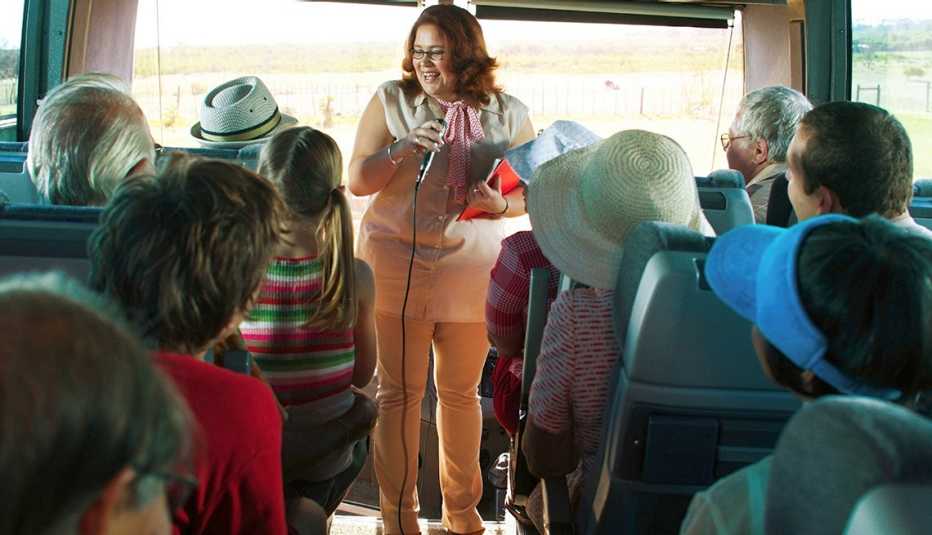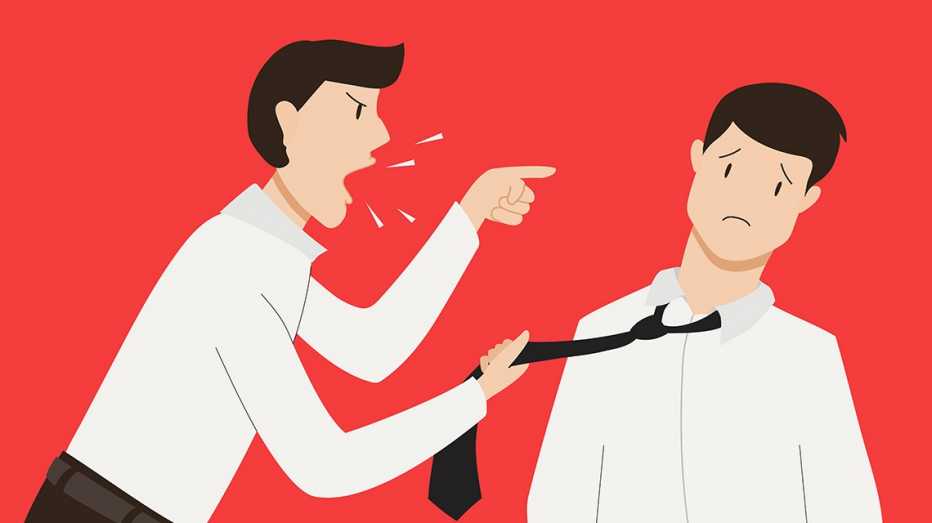Staying Fit
Sometimes the comments come as a joke about being “over the hill” or “teaching an old dog new tricks.” Other times they are coded language about being “overqualified” for a new opportunity. But ageist comments, even when disguised as humor, can be demoralizing and could signal more serious bias problems in the workplace.
It’s no secret that older adults often encounter ageism on the job. AARP research has found that roughly two in three adults age 50 and older in the workforce (62 percent) think older workers face age discrimination. And nearly one-third (32 percent) have reported hearing negative comments about an older worker’s age within the past two years. In fact, 17 percent have received such comments directly about their own age.


AARP Membership— $12 for your first year when you sign up for Automatic Renewal
Get instant access to members-only products and hundreds of discounts, a free second membership, and a subscription to AARP the Magazine.
Ageist remarks can come as a shock and, depending on who’s making them, can have serious implications for both the worker and the company. Even advocates who fight workplace discrimination say that the best way to respond to ageist comments isn’t always clear.
“Part of me wants to help people just get through it all and navigate it, and part of me wants people to stand up and shout from the rooftops, ‘This is wrong; don’t do it,’ and call out the behavior,” says workplace ageism expert Patti Temple Rocks, author of I’m Still Not Done: It’s Time to Talk About Ageism in the Workplace. Of course, that’s sometimes easier said than done, especially when the comments may come from people who can have a direct effect on your livelihood.
How you choose to respond to comments might depend on who is making the remarks.
Comments from coworkers or clients
More than one-third of workers may begin experiencing age-related comments before age 45, according to a 2019 survey from one career website. Sometimes these might be brushed off as “just jokes,” but they’re still not appropriate in the workplace, says employment attorney Sally Culley, a partner at RumbergerKirk, a business law firm.
“Ageist jokes are not appropriate in the workplace, though they often seem innocuous enough and the person making the joke may not have bad intentions at heart,” she says. “Often this type of behavior can be shut down with a firm ‘I don’t think jokes about my age are funny.’ ”
Workplace culture expert Megan M. Carle, author of Walk Away to Win: A Playbook to Combat Workplace Bullying, agrees. Sometimes coworkers just need education, she says. Calling out ageism by saying you’re recognizing a pattern of word choice that isn’t okay can be all that’s needed to correct an impolite office mate. “Talk to the person one-on-one,” she says. “You might say something like, ‘I’m guessing you’re not aware of this because I know, as a coworker, your intent would not be to negatively impact me in the way that your choice of language is,’ ” Carle suggests.







































































How to Handle Comments About Your Age at Work
Jokes and other remarks from coworkers could be warning signs of discrimination